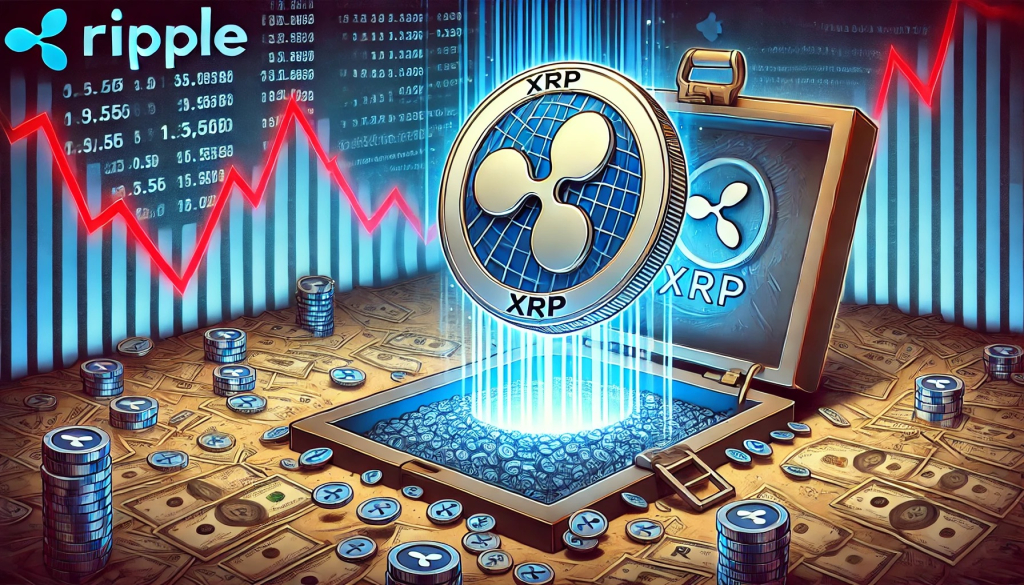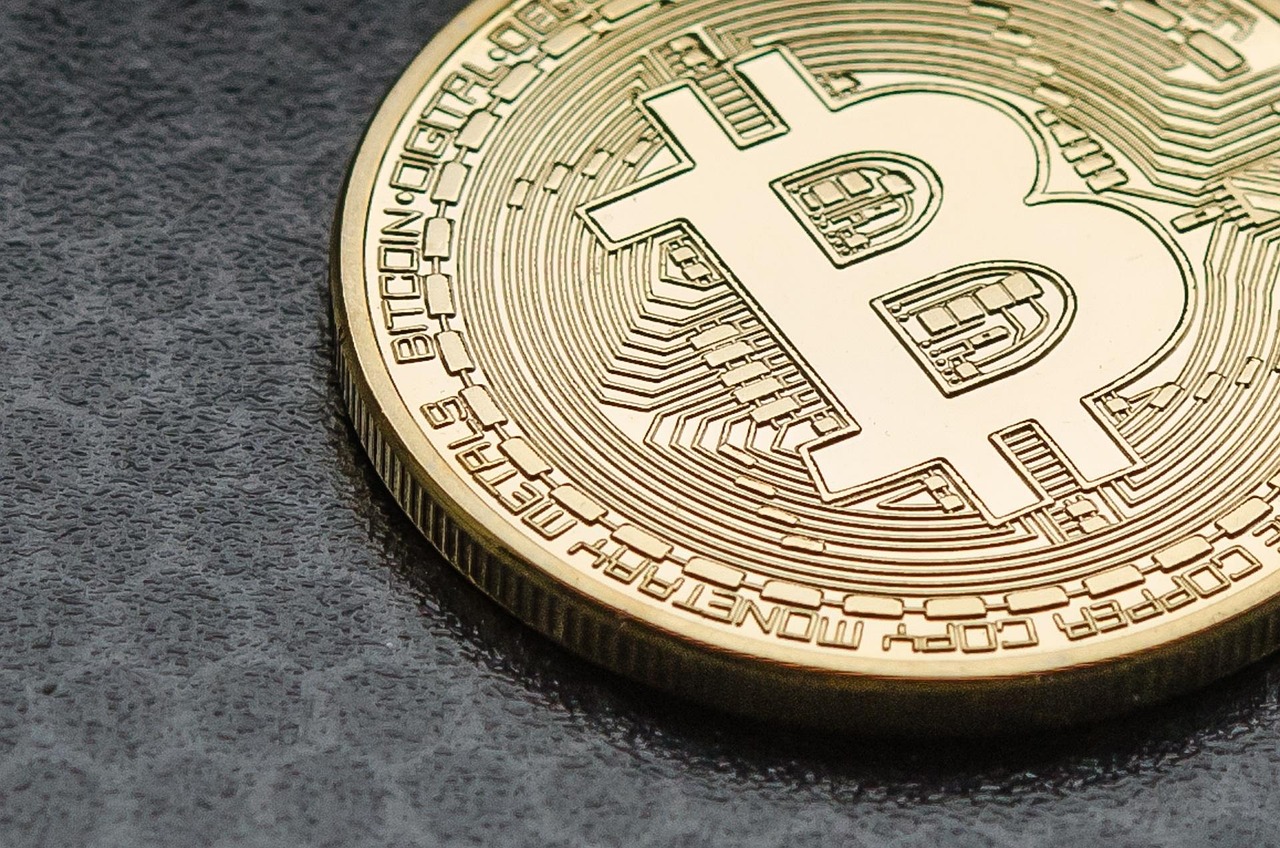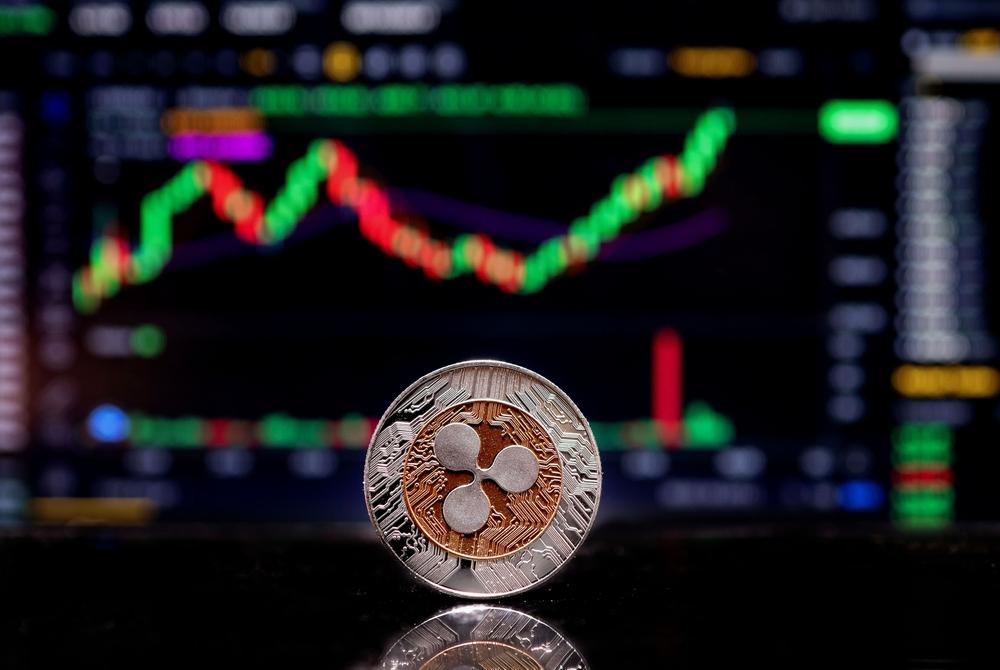Consultancy firm McKinsey & Company said that retail banks are slow to adopt blockchain technology, citing regulations and conservative consumers as obstacles.
The research company said retail banks remain cautious when it comes to blockchain, noting that their investment banking counterparts are actively experimenting.
Reasons for the slow traction include a strict regulatory system for consumer finance and the controversy surrounding blockchain-based decentralized cryptocurrency like bitcoin.
However, the report, entitled “Blockchain and Retail Banking: Making the Connection,” argued that retail banks can reap benefits including processing remittance payments, managing regulatory issues such as know-your-customer, and helping assess the financial risk of new or existing clients.
Blockchain technology’s ability to cut down expenses can also entice banks. As per the report, the use of blockchain can reportedly trim down cross-border payments to $14 billion per year, cut operating expenses related to onboarding clients to $1 billion annually and lessen yearly losses from fraud to as much as $9 billion.
The research also proposes ways to increase the adoption of blockchain technology, including the need for a smooth transition between fiat and digital assets, establish a clear regulation, and create consumer identities on the blockchain.
“Executives need to believe that the long-term benefits of blockchain are worth the cost. That requires taking a long-term view and working with the possibility that blockchain may lead to cannibalization of some revenue streams,” the report stated.
“The key to countering those concerns is to keep an eye on the prize: lower costs, less friction, and a safer retail banking system.”
Meanwhile, leading research and advisory firm Gartner has predicted that 90% of blockchain technology currently used by enterprises need to be replaced by 2021 to remain “competitive, secure and avoid obsolescence."



























Comment 0